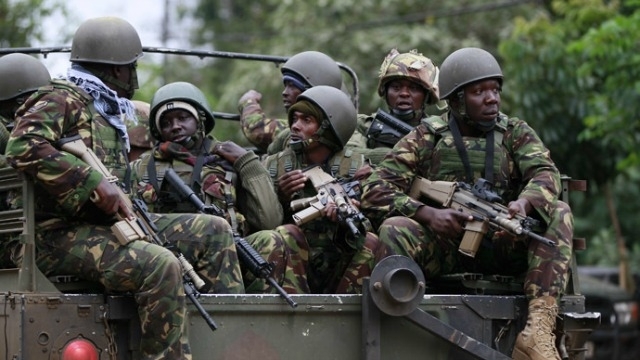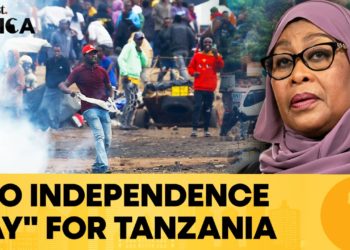The Kenya Defence Forces (KDF) play a crucial role in maintaining national security and responding to emergencies within the country. The Kenya Defence Forces Act outlines specific provisions for their deployment, detailing what they can and cannot do, as well as who holds responsibility during these operations. Here, we break down these provisions for a clearer understanding.
What the KDF Can Do
Assist in Emergencies and Disasters (Section 31(a))
– The KDF can assist and cooperate with other authorities during situations of emergency or disaster. Whenever they are deployed for such purposes, they must report their activities to the National Assembly.
Restore Peace During Unrest (Section 31(b), Section 32)
– With the approval of the National Assembly, the KDF may be deployed to restore peace in any part of Kenya affected by unrest or instability. This deployment is authorized under Article 241(3)(c) of the Constitution and overseen by the Defence Council (Section 32(1)).
Co-operate with Other Security Organs (Section 31(c))
– In the interest of national security, the KDF must cooperate and work with other security organs to discharge their constitutional mandate.
Support the National Police Service (Section 33)
– The KDF can be deployed in joint operations with the National Police Service during emergencies or disasters (Section 33(1)). With National Assembly approval, they may also restore peace in unstable regions (Section 33(2)).
Exercise Powers Similar to Police (Section 35(1))
– When deployed, KDF members have the same powers and duties as members of the National Police Service for maintaining law and order and preserving internal security (Section 35(1)).
What the KDF Cannot Do
Investigate Crimes (Section 35(3))
– KDF members are not permitted to investigate crimes. Their role is limited to maintaining peace, law, and order during their deployment.
Command Over National Police Service (Section 35(7))
– KDF members do not have the authority to exercise command or control over National Police Service members. Similarly, National Police Service members cannot command KDF members.
Indefinite Deployment Without Oversight (Section 34)
– Any deployment of the KDF in support of the National Police Service must comply with constitutional standards relating to human rights and fundamental freedoms (Section 34(1)). The deployment must be reported in the Gazette within 24 hours by the Cabinet Secretary (Section 34(2)), and discontinuation of such deployment must also be reported (Section 34(3)).
Responsibilities During Deployment
Chief of the Defence Forces (Section 32(2))
– When the KDF is deployed to restore peace, the Chief of the Defence Forces is responsible for the administration, control, and overall supervision of the operation.
Inspector-General of the National Police Service (Section 33(3))
– During joint operations supporting the National Police Service, the Inspector-General is responsible for the administration, command, control, and overall supervision of the operation.
Cabinet Secretary (Section 34)
– The Cabinet Secretary must issue a notice in the Gazette within 24 hours of the commencement and discontinuation of KDF deployment in support of the National Police Service. They must also report to the National Assembly on such deployments.
Training and Equipment (Section 35(9))
– KDF members deployed under these provisions must receive appropriate training and be properly equipped for their duties.
Compliance and Accountability
Human Rights and Freedoms (Section 34(1))
– All deployments must adhere to constitutional standards relating to human rights and fundamental freedoms, ensuring that operations are conducted legally and ethically.
Reporting and Oversight (Sections 34(2), 34(3))
– The Cabinet Secretary’s obligation to report deployments in the Gazette and to the National Assembly ensures transparency and accountability in the deployment of the KDF.
The Kenya Defence Forces Act provides a clear legal framework for the deployment of the KDF, balancing their significant powers with strict limitations and oversight responsibilities. This ensures that the KDF can effectively support national security while upholding the rule of law and protecting citizens’ rights.


















